What happened to Nicola Bulley? All we know about mother-of-two’s death as police review published
Mortgage adviser Nicola Bulley went missing in January sparking a high profile police search and nationwide interest
Your support helps us to tell the story
From reproductive rights to climate change to Big Tech, The Independent is on the ground when the story is developing. Whether it's investigating the financials of Elon Musk's pro-Trump PAC or producing our latest documentary, 'The A Word', which shines a light on the American women fighting for reproductive rights, we know how important it is to parse out the facts from the messaging.
At such a critical moment in US history, we need reporters on the ground. Your donation allows us to keep sending journalists to speak to both sides of the story.
The Independent is trusted by Americans across the entire political spectrum. And unlike many other quality news outlets, we choose not to lock Americans out of our reporting and analysis with paywalls. We believe quality journalism should be available to everyone, paid for by those who can afford it.
Your support makes all the difference.An independent review has criticised Lancashire Police over its handled of the investigation into the disappearance of Nicola Bulley.
The mother-of-two vanished in January while walking her dog, sparking a huge search and widespread public interest. Her body was found three weeks later.
The College of Policing review published today found the police disclosure of Ms Bulley’s health struggles during the probe was “avoidable and unncessary”. It also criticised a underwater search expert, whose actions “caused challenges to the investigation”.
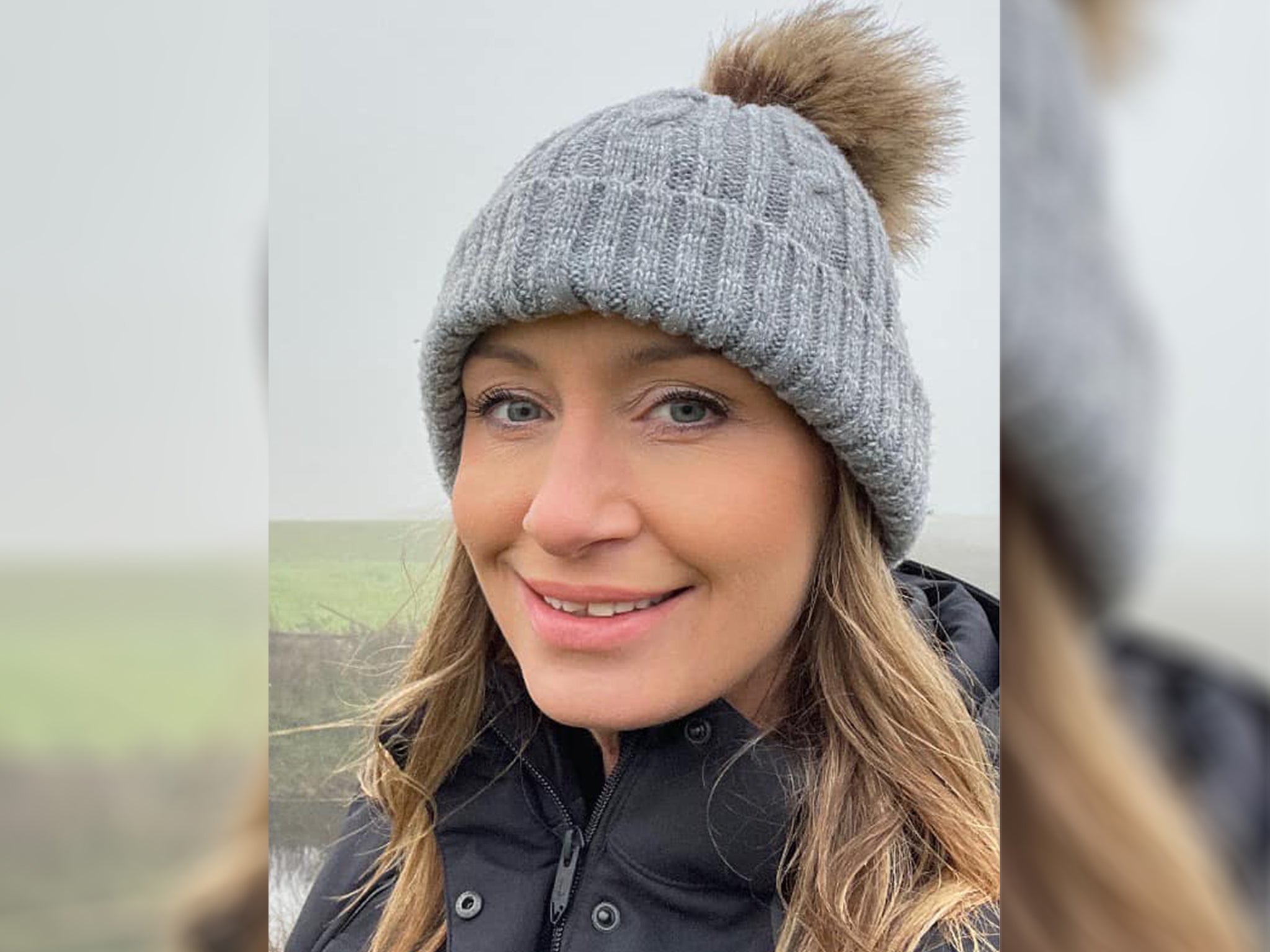
The review concluded that in policing terms the missing persons investigation was well handled, but that Lancashire Police had lost control of the public narrative at an early stage, resulting in an information vacuum and unchecked speculation.
The publication follows an inquest in June that concluded Mr Bulley’s death was accidental.
Below we look at everything we know about Ms Bulley’s disappearance and what has happened since.
Who was Nicola Bulley?
Nicola Bulley was a 45-year-old mortgage adviser and mother-of-two living in St Michael’s on Wyre in Lancashire.
Paul Ansell, Ms Bulley’s partner, said she was “fun”, “loving”, “the most loyal friend you could ever have” and an “exceptional mum”.
Nadia Fell, 39, a friend of the late mother, said Ms Bulley was “the most amazing mum ever” and added: “Anything that needed doing for the school – PTA stuff – she was always there for it.”
In the latter stages of the search, police controversially revealed Ms Bulley had been struggling with alcohol use and symptoms of the peri-menopause before her disappearance.
When did she disappear?
Ms Bulley was last seen near the river at around 9.20am on Friday 27 January, after dropping her daughters, aged six and nine, at the school in the village.
She was walking her dog Willow, a springer spaniel, along the River Wyre.
Around this time she sent an email and logged into a work call which ended 30 minutes later, though she remained logged onto the call.
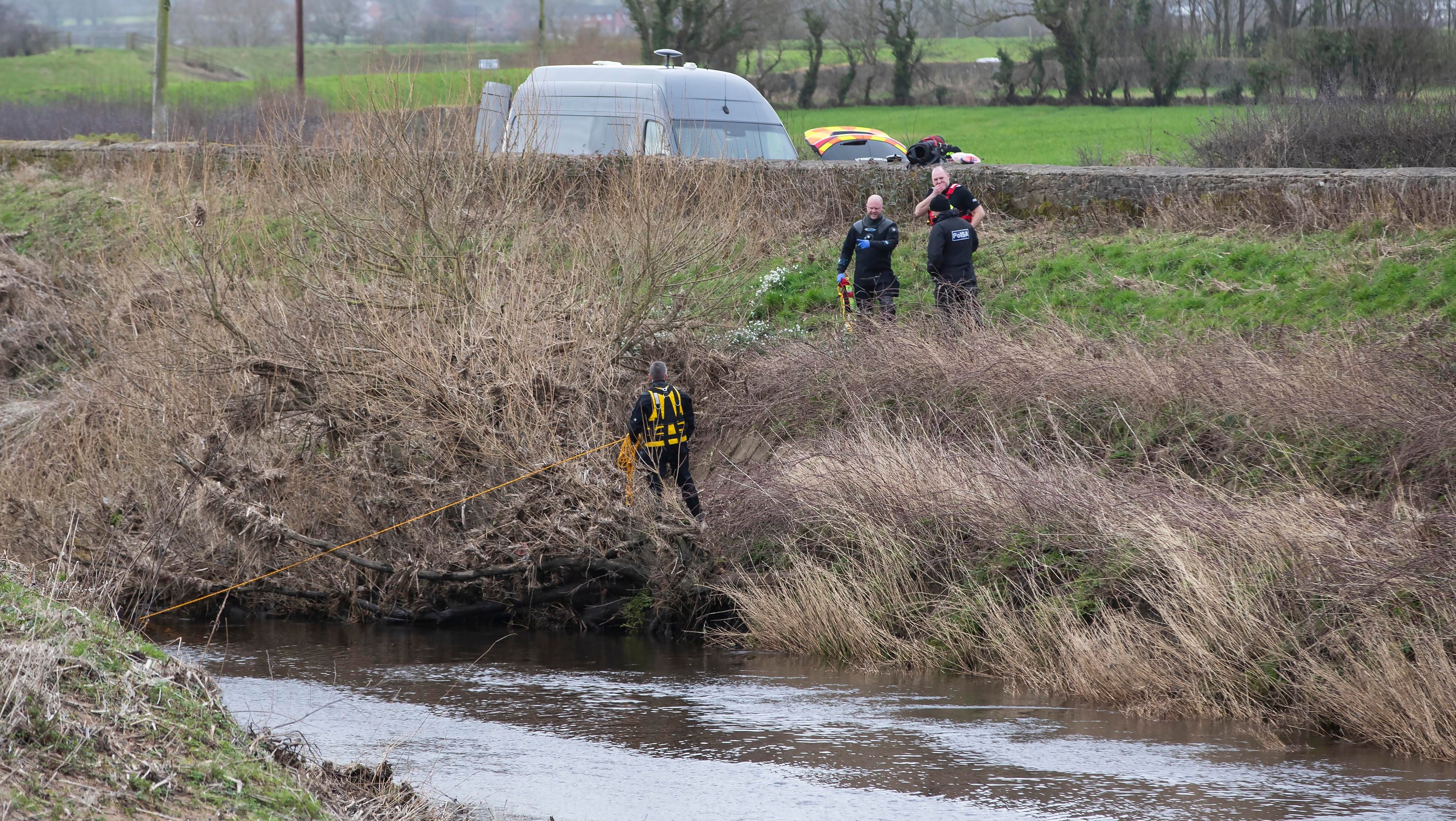
Her mobile phone and dog were later found by a bench by another dog-walker.
A major search for Ms Bulley saw specialist diving teams scan the river, with police heading all the way out to Morecambe Bay to investigate the possibility her body had been swept out to sea.
Her body was found 23 days after she disappeared, on 19 February, in a patch of undergrowth and branches by a river bend around one mile from the bench where her phone and dog were found.

What has her family said?
After Ms Bulley’s body was found, her family said they can let the mother-of-two “rest now”.
A statement released by the family read: “We will never be able to comprehend what Nikki had gone through in her last moments and that will never leave us.
“We will never forget Nikki, how could we, she was the centre of our world, she was the one who made our lives so special and nothing will cast a shadow over that.
During the lengthy search, Mr Ansell, 44, described the situation as “perpetual hell”. Ernie Bulley, Nicola’s father, said: “Every day is a struggle.”
What have the police said?
Lancashire Constabulary faced widespread criticism over its approach during the search.
MPs and campaign groups voiced their disapproval after the force elected to put elements of Bulley’s private life into the public domain during the search, including her struggles with alcohol and peri-menopause.
An independent review has been carried out by the College of Policing into Lancashire Police’s handling of the case, and will be published on 21 November.
After police divers were spotted in the River Wyre again early in April, Lancashire Constabulary said: “We can confirm we are carrying out some work on the direction of HM coroner.”
A Lancashire Constabulary spokesperson said: “As previously stated, police divers were acting under instruction of HM Senior Coroner and had been asked to assess the riverbanks in the vicinity of where Nicola Bulley went missing.
“They had not been tasked either to perform any further searches within the river or along the banks or to locate any articles. This activity is to assist with the coronial process.”
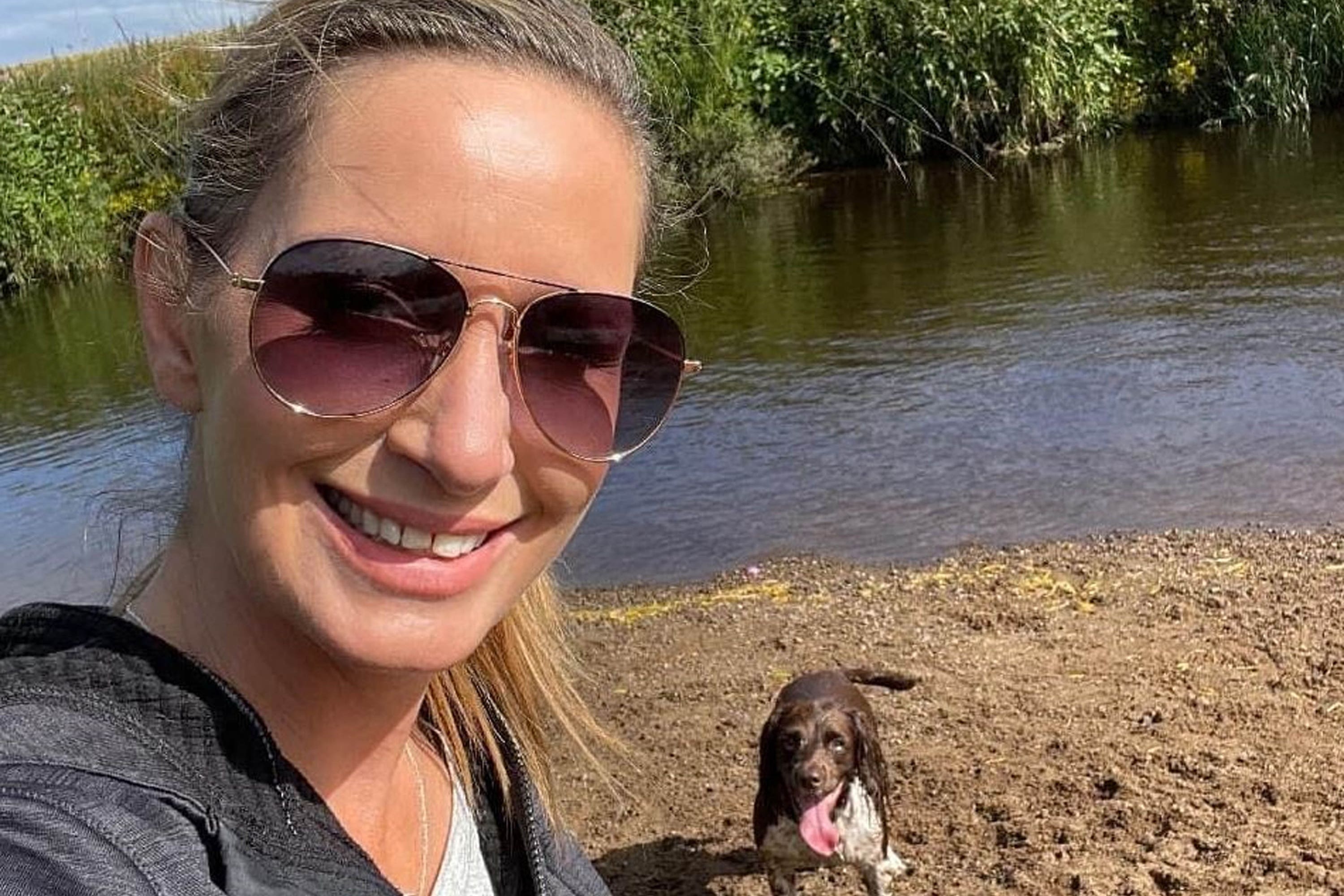
What did the inquest conclude?
At an inquest at County Hall in Preston, Dr James Adeley, senior coroner for Lancashire, concluded Ms Bulley drowned after accidentally falling into cold water,
He recorded her death as accidental as she fell into the river and suffered “cold water shock”, and said there was “no evidence” to suggest suicide.
Concluding the much-publicised case, he said: “Excluding a couple of comments over the Christmas period when she was acting out of character and were treated as throw away comments, there was no indication of any intention to take her own life.
“Her behaviour in the week before hear death was back to normal, she had restarted her HRT therapy, stopped drinking some time before, was making plans for play dates and spa days with several people, was becoming increasingly successful at her new career as a mortgage broker and behaved entirely normally during her parents visit of the night before and with Paul Ansell on the morning of her death.”
Ms Bulley’s mobile phone, still connected to a work Teams call, was found on a bench overlooking the water, the inquest heard. Her Fitbit watch stopped recording steps beyond 9.30am on the day she disappeared, according to digital specialists at Lancashire Police.
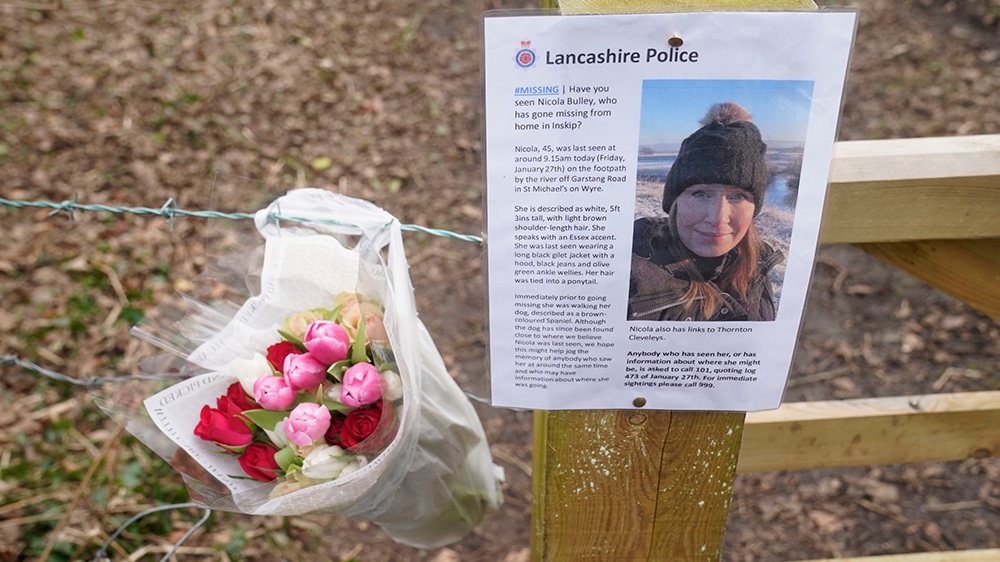
What have reviews into the handling of the case up this point?
The ICO launched an investigation into the force on 17 February after the revelations of Ms Bulley’s personal information, but concluded no enforcement action was needed.
A separate investigation by the Independent Office for Police Conduct (IOPC) into a Lancashire officer’s contact with Ms Bulley prior to her disappearance found no misconduct but advised the force on guidance and the officer on body-worn camera protocol.
Police accompanied health workers in a multi-agency vehicle to Ms Bulley’s home on 10 January, little more than a fortnight before she was last seen, on a matter the force said was related to her “alcohol issues”.
The IOPC said it identified “two areas of learning” for the officer relating to when to activate his body-worn video and recording information on police systems.
The force should update its guidance documents for multi-agency vehicles, so officers better understand their role, the IOPC said, adding guidance could be better provided “for officers more widely when dealing with similar situations”.
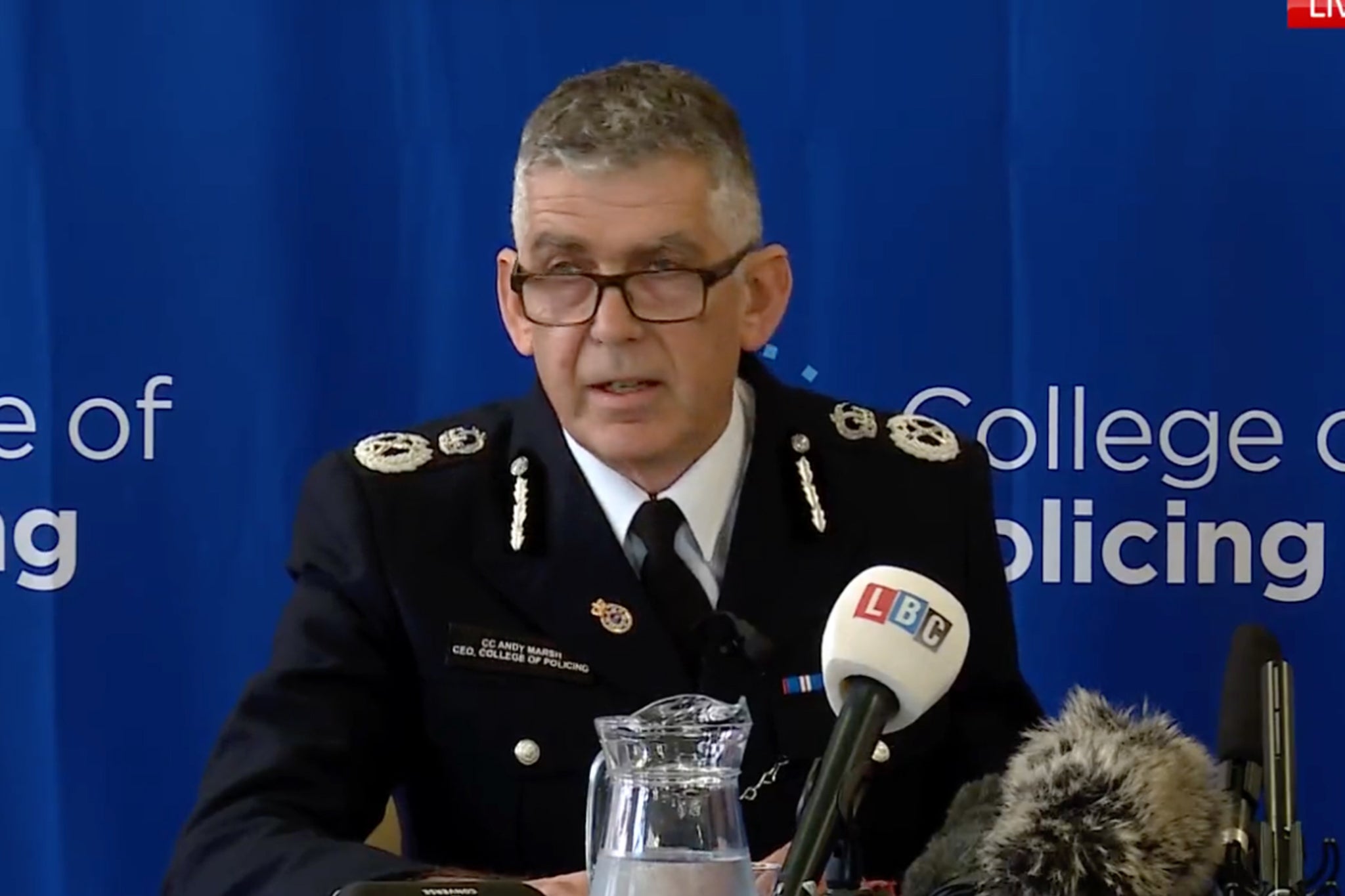
What has the independent review found?
The College of Policing review, commissioned by Lancashire police and crime commissioner Andrew Snowden, focused on the operational response to the missing person investigation, the force’s engagement with the press and decision-making surrounding disclosure of sensitive personal information.
Although praising the search itself as well handled, it raised concerns over the force’s managing of the case as it came under intense media spotlight.
Senior officers failed to brief mainstream accredited reporters because trust between police and media had broken down – leading to an information vacuum and unchecked speculation, the 143-page report found.
The review also criticised an underwater search expert who told the media that police had “low-tech” diving equipment, unlikely to be able to find a body. Police investigators were then advised that the expert’s company did not have any better equipment that could not be secured by the force.
Concluding with 17 recommendations, its authors criticised senior officers at Lancashire Police for “insufficient focus” and errors of judgment, and questioned the culture of the force, with claims chief officers “observed but did not act” and failed to show sufficient support to lower ranks.
Dr Iain Raphael, who led the review, said: “A professional, trusted, and appropriate working relationship between the police and the media is vital for public confidence. The report makes clear that without this, speculation can run unchecked and result in an extraordinary explosion of media and public interest in the case.
“Policing must also recognise the impact social media now has. Ultimately, police should seek to be the first with the truth and ensure the public has access to accurate and authoritative information when it is most needed.”



Join our commenting forum
Join thought-provoking conversations, follow other Independent readers and see their replies
Comments